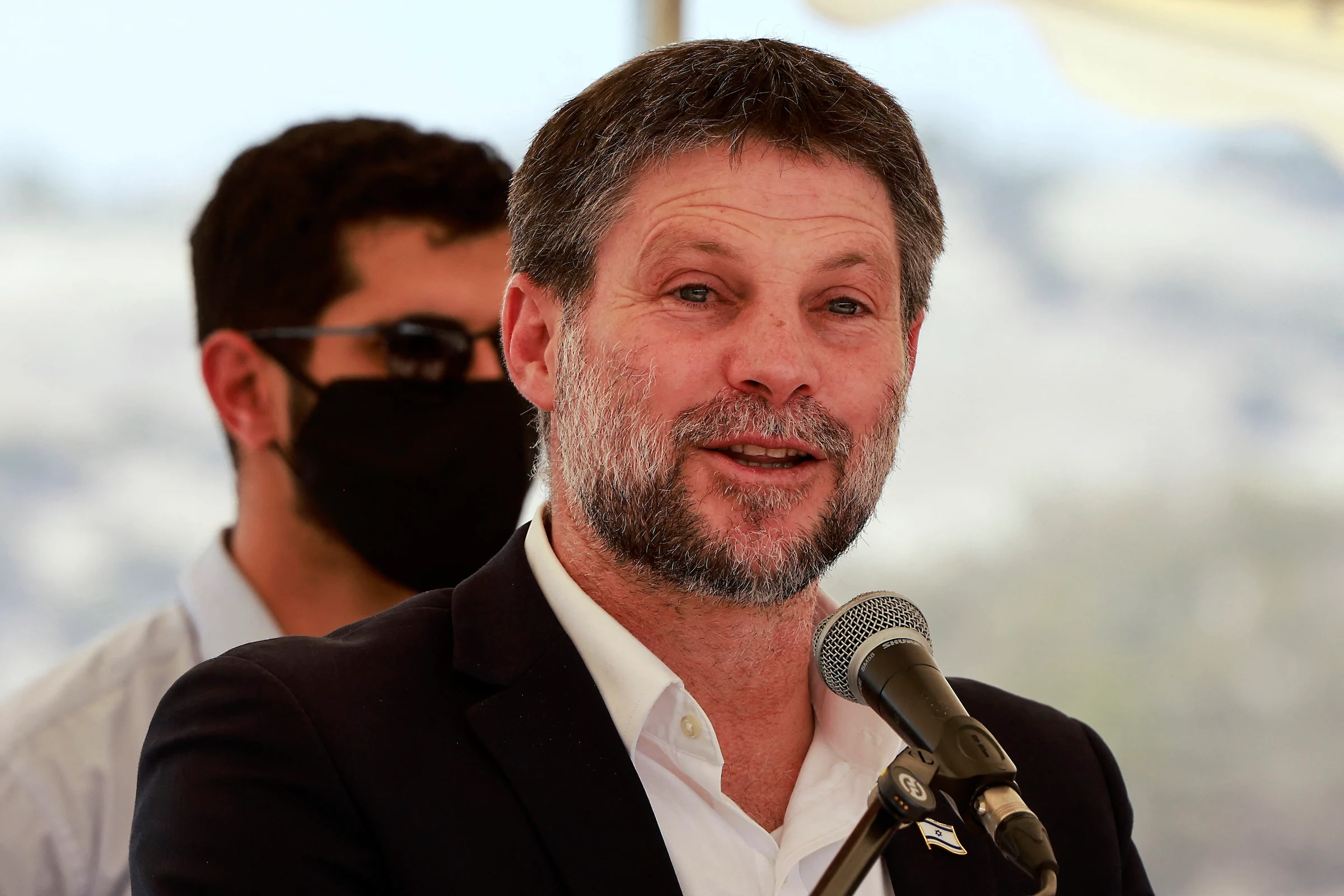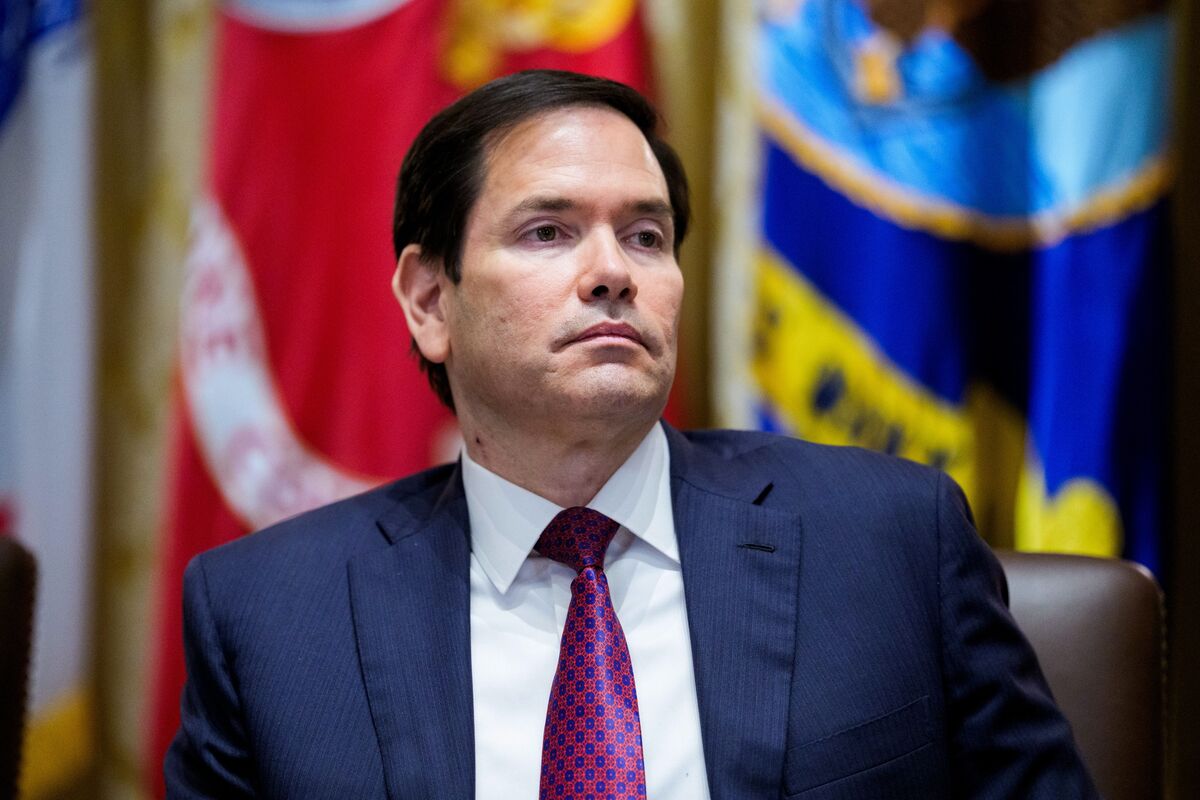
Chicago Mayor Brandon Johnson is defending his administration’s stance on a new stadium for the Bears as it appears that the project will focus on suburban Arlington Heights.
The Bears released new renderings of a proposed stadium project in a nearby suburb this week, and during an interview with NBC Chicago’s Mary Ann Ahern, Johnson defended the city’s negotiating stance on a potential lakefront stadium site built with a minimum of public financing.
“I can’t speak for the Bears or their decision. What I’ve always said is there should be a public benefit and public use,” he said. “The lakefront is still prime real estate. The bottom line is this: there is no better place for economic development than the city of Chicago.”
Johnson said the city put forward a “very strong proposal,” and pointed to the decision by the Chicago Fire to build a new stadium in “The 78” using private financing as evidence that the city can work with professional sports franchises.
“Development and building has not stopped since I’ve been here,” he said. “We put forth a very strong proposal that encouraged public benefit and public use. The fact of the matter is it was something that Joe Mansueto and the Chicago Fire were very interested in, and we’re grateful to have them.”
The new renderings of a stadium project come a few weeks after President and CEO Kevin Warren unveiled an update on the stadium transition in a message to fans. Warren revealed the team was aiming to accelerate its building plans, and that it wanted to host a Super Bowl within the next decade.
Chicago Bears
“We are at a pivotal juncture of the Chicago Bears franchise to build a new stadium, our future home in Arlington Heights, which will require zero state money for construction,” he said. “This is the year to finalize our stadium plans so we can officially bid to host a Super Bowl as soon as 2031.”
Warren had also pledged the construction project itself would not require state money, though the team is aiming to lock in its property tax rates, a move that would require state legislation.
“Moving outside of the city of Chicago is not a decision we reached easily. This project does not represent us leaving, it represents us expanding,” he said.
Before the project can get fully underway, the Bears are still seeking clarity on several different fronts, including on the property taxes they would owe on the stadium site. The team has been advocating for a new bill in Springfield known as a PILOT (payment in lieu of taxes) bill.
“Without that legislation, we’re not able to proceed forward,” Warren said.
Such PILOT bills are used to provide a freeze on property tax breaks that big businesses like the Bears can receive for new construction projects. Such a freeze would allow the Bears to negotiate an annual payment with Arlington Heights in lieu of a standard property tax payment, according to officials.
Illinois Gov. J.B. Pritzker has said he will consider such a bill, pointing to similar actions for other businesses that have relocated facilities to the state.
Pritzker has also pointed to the debt still owed on the Bears’ renovation of Soldier Field in the early 2000s as another issue that must be addressed. According to Crain’s Chicago Business, the Illinois Sports Facilities Authority owes $534.4 million in principal and interest on the Soldier Field renovations.
“We need the Bears to pay off what’s owed on the existing stadium, so that’s going to be a really important feature of whatever happens going forward, and if they want a PILOT bill, or some other help, we’re going to make that a prerequisite for something like that happening,” Pritzker said in September.
Pritzker clarified those remarks when talking to reporters Wednesday.
“What we won’t be is an unending hole full of money that is feeding it to a stadium when we have so many other valuable things that the state should be investing in for the people,” he said.



